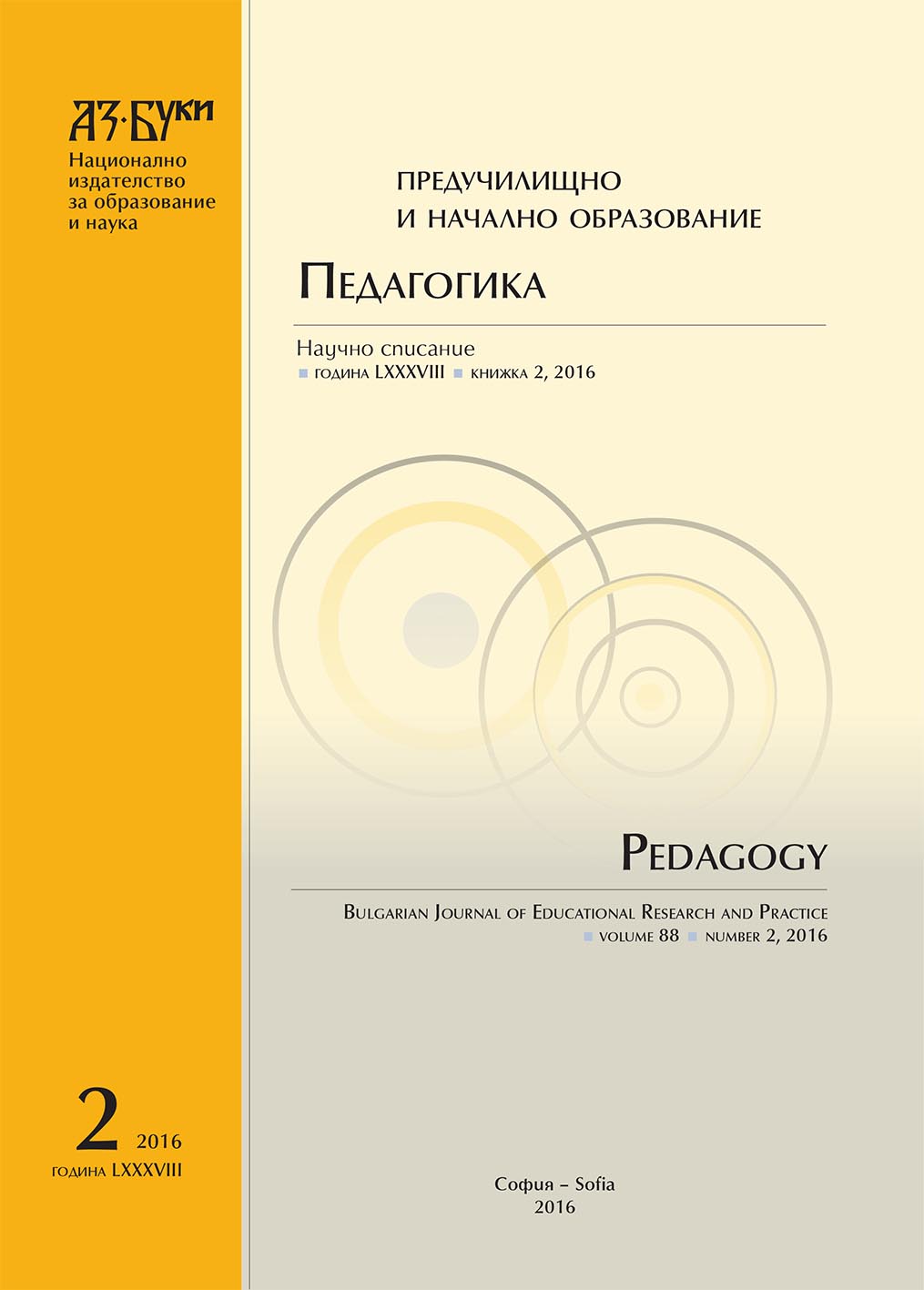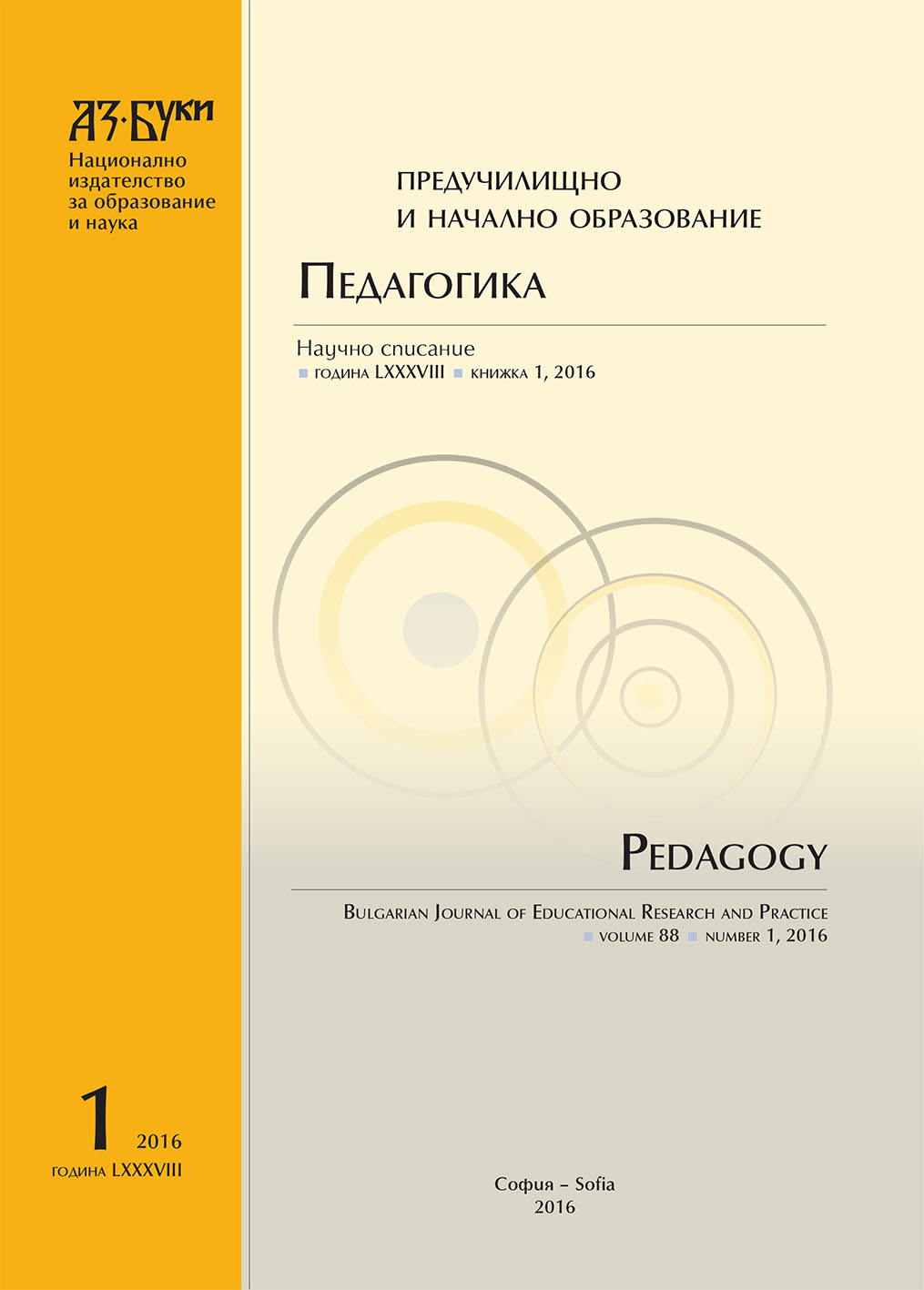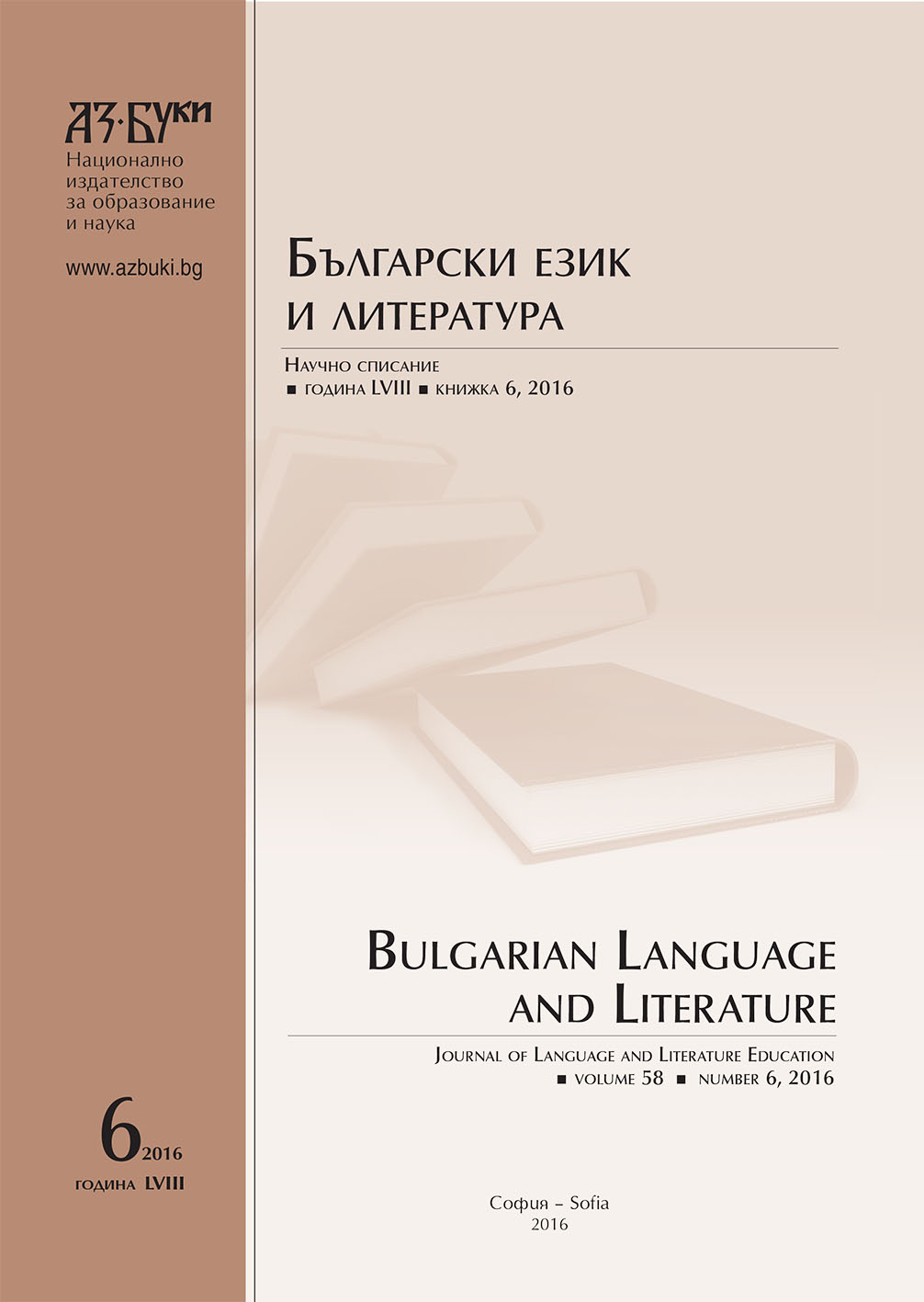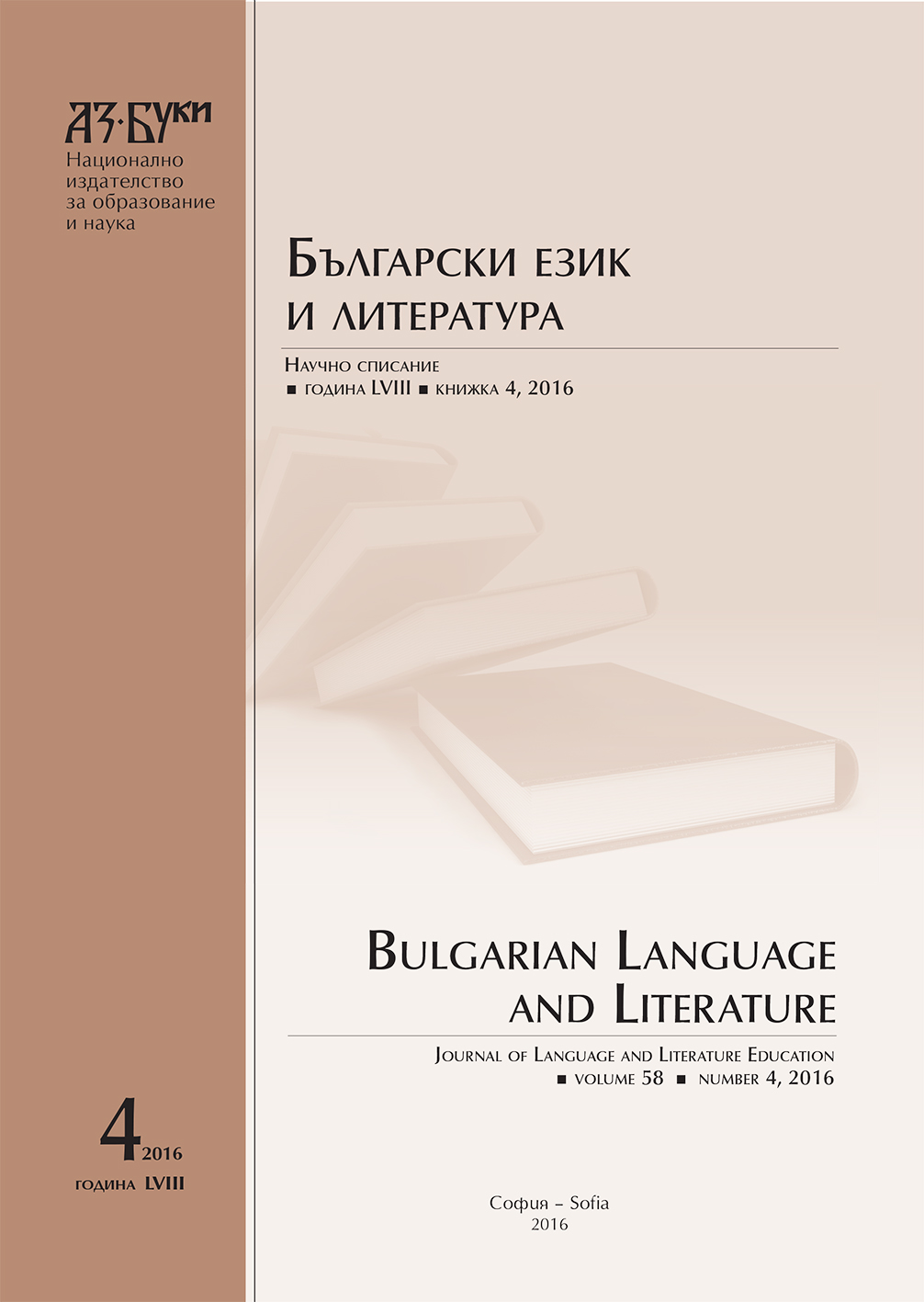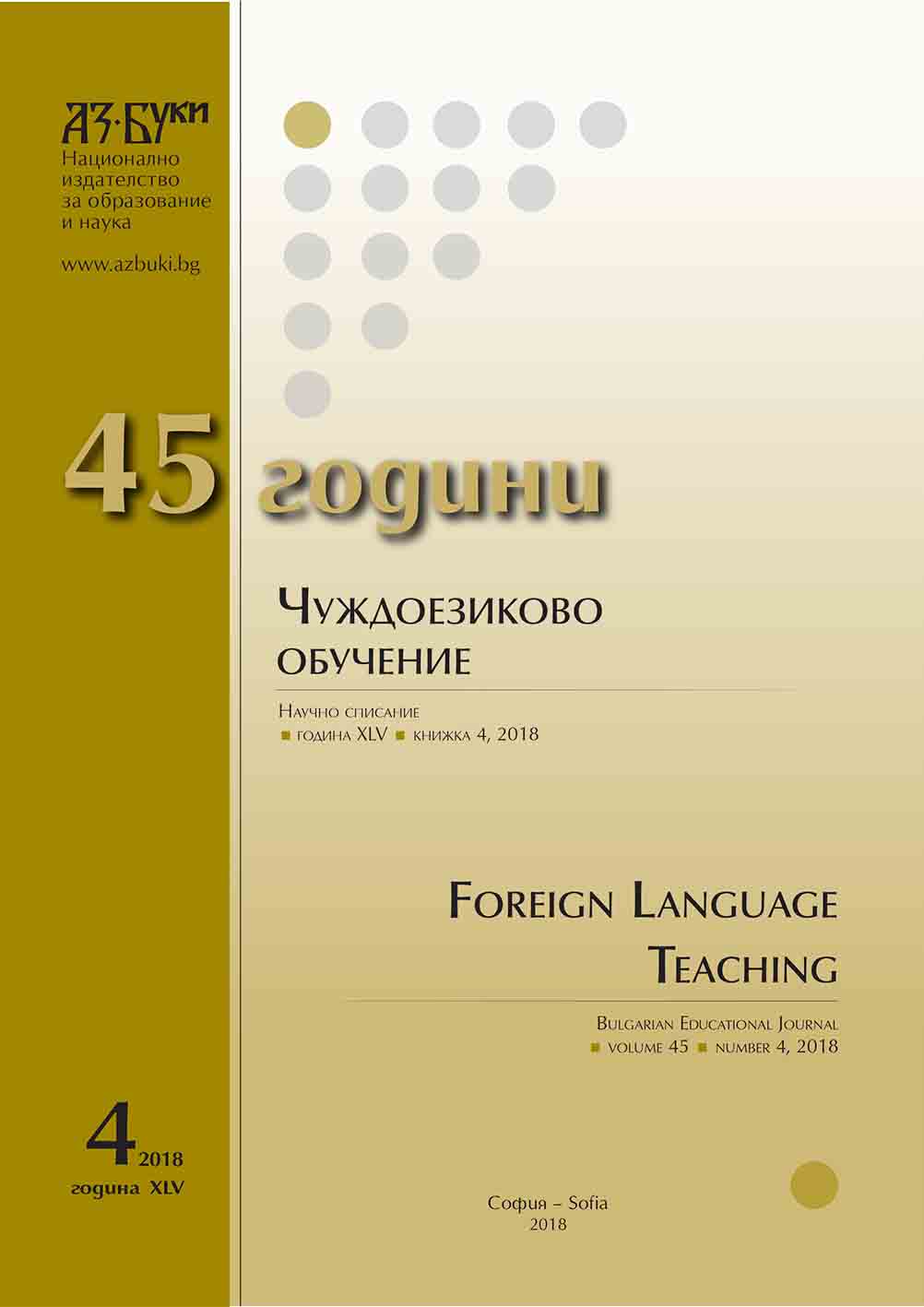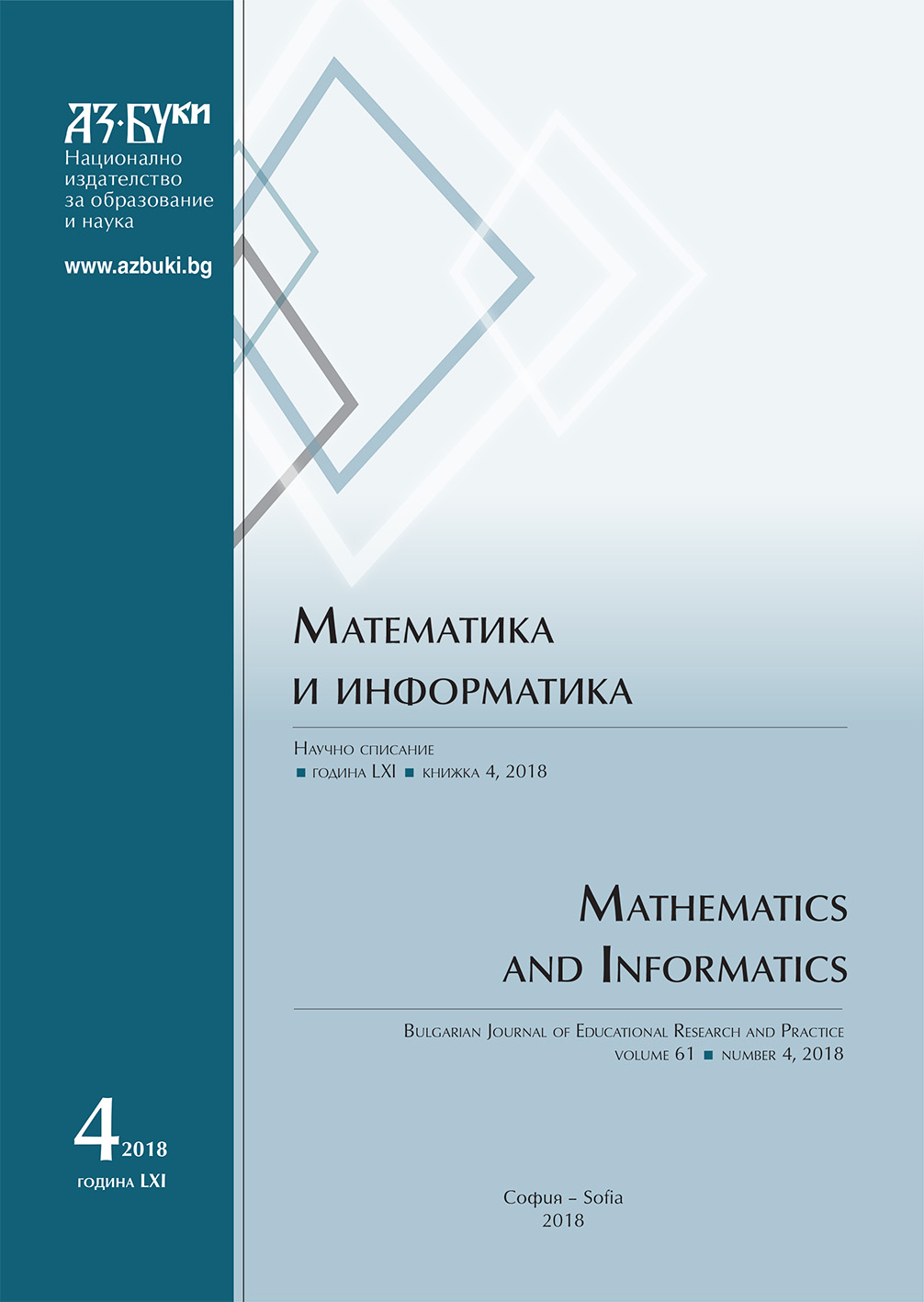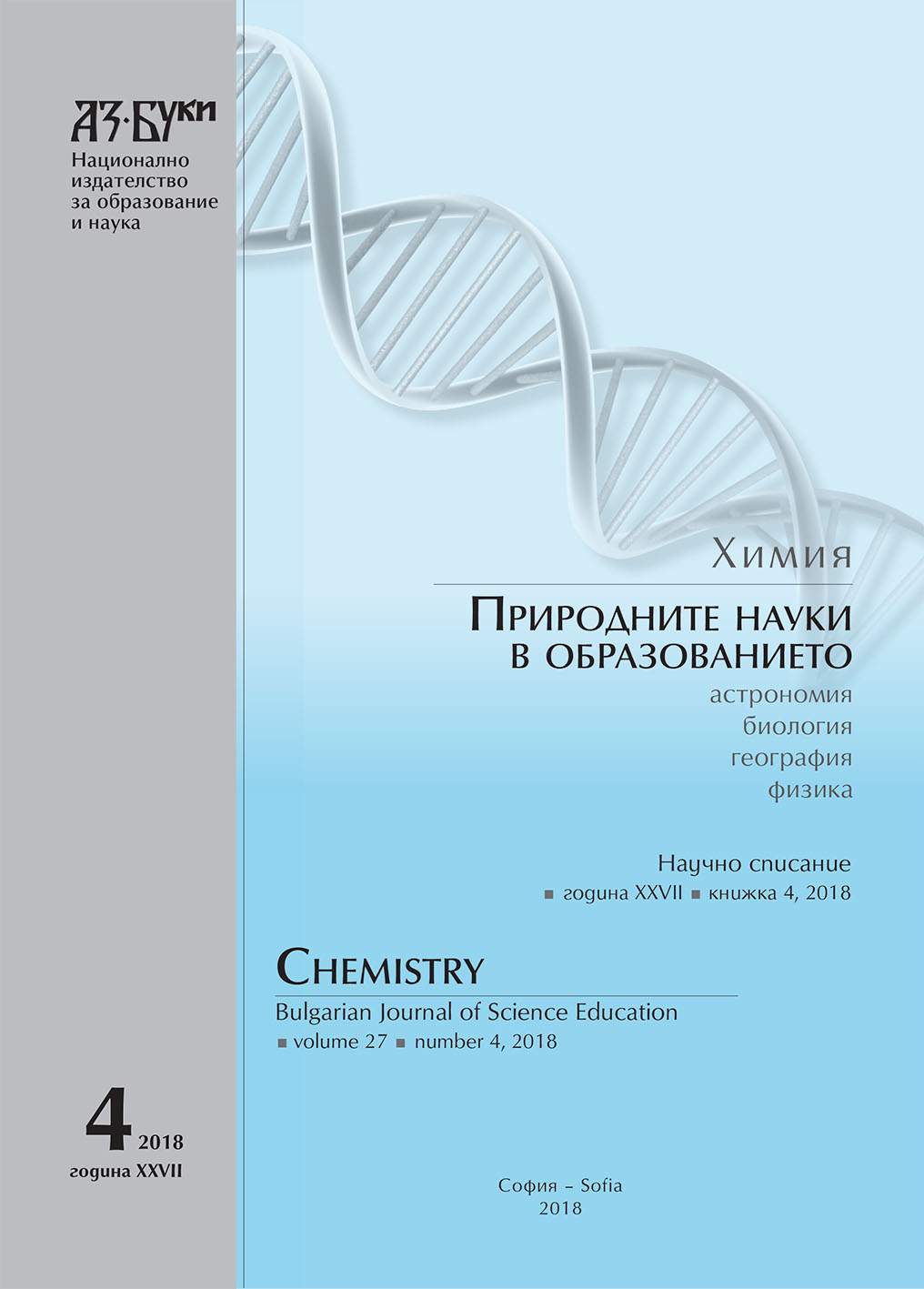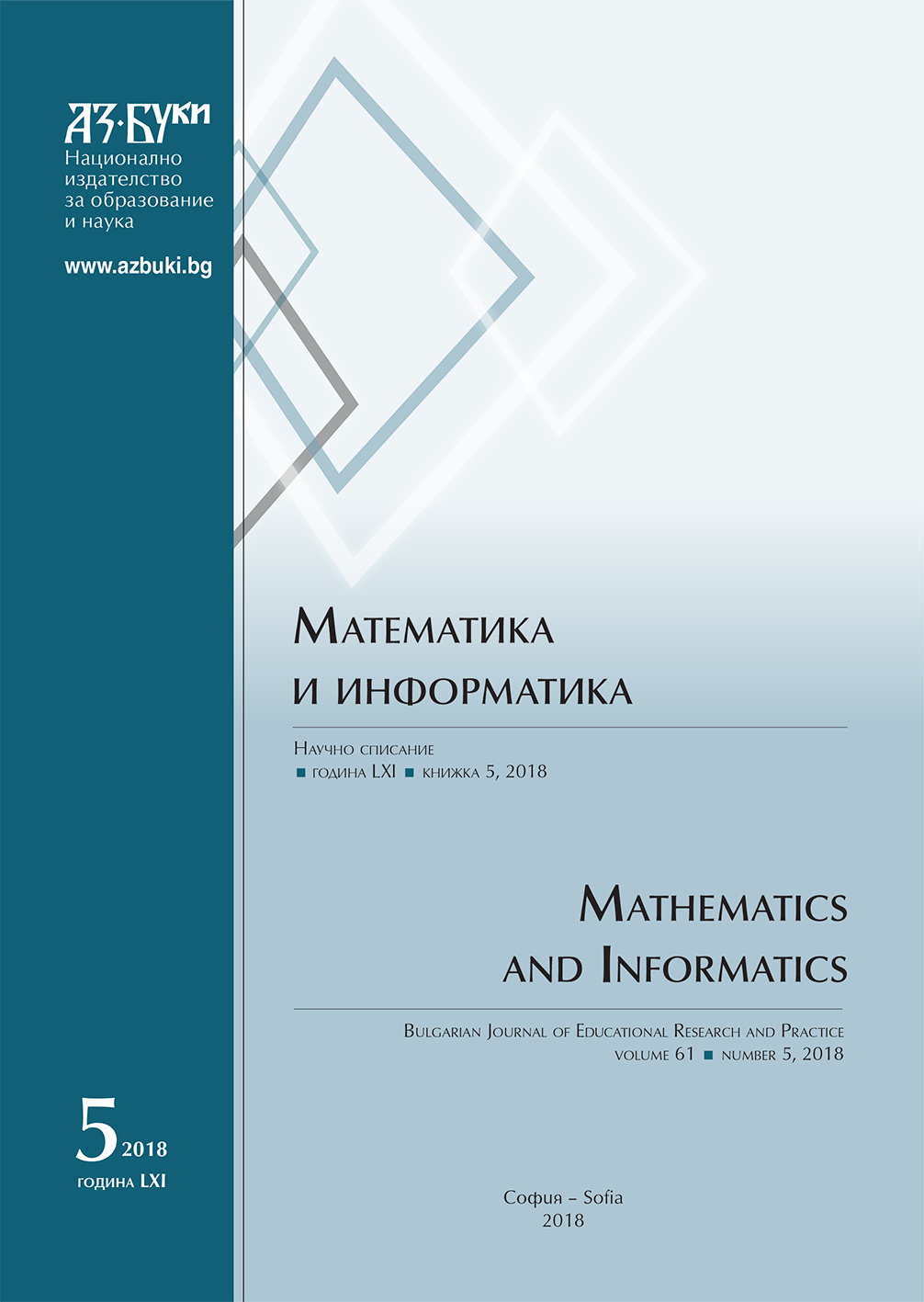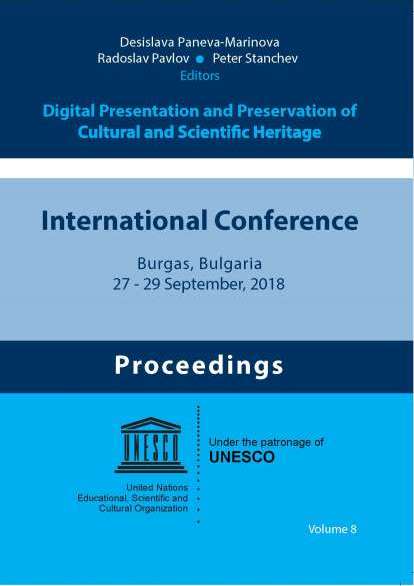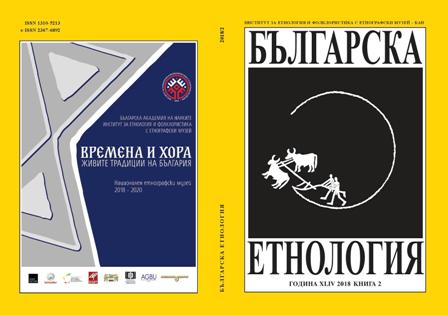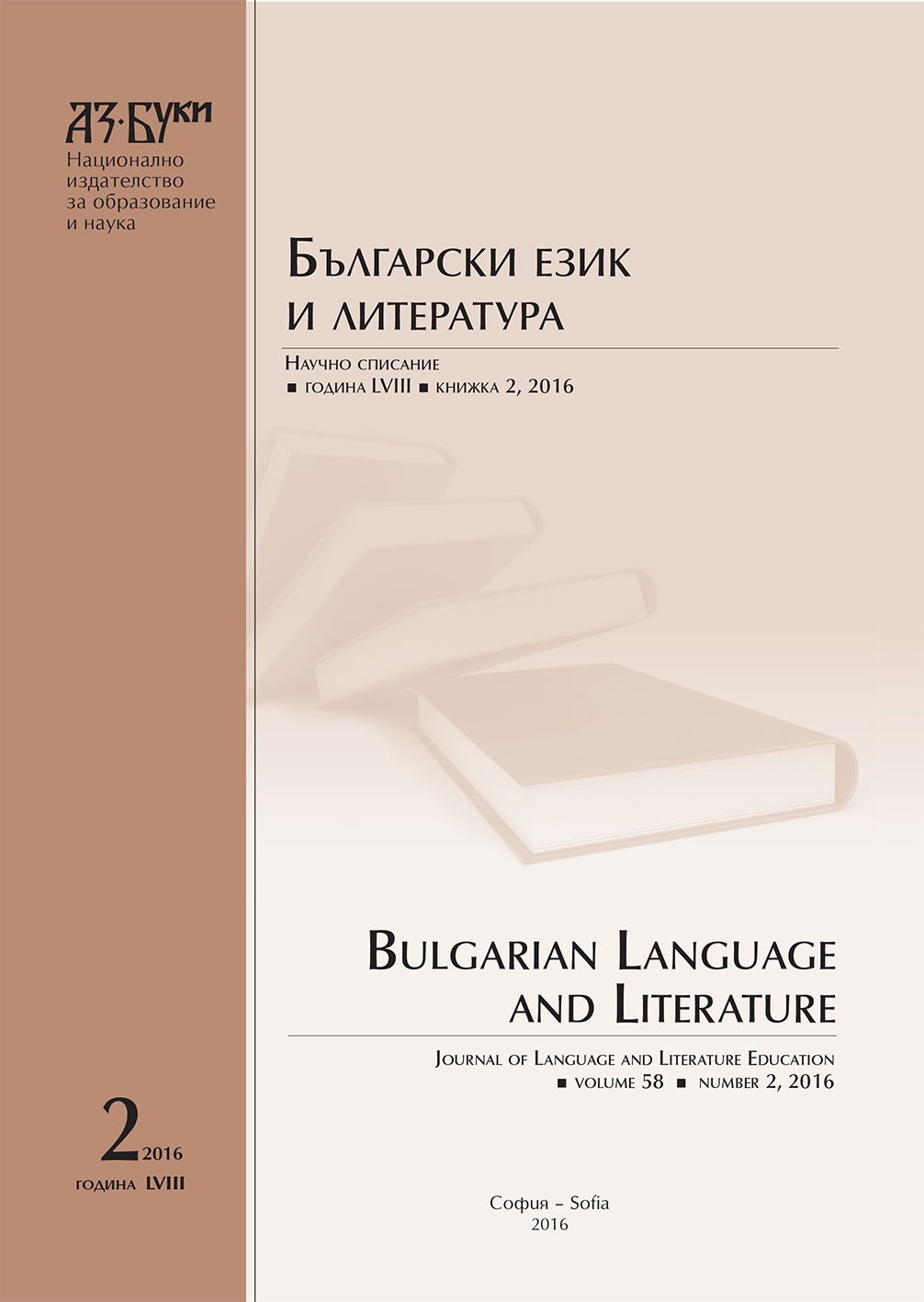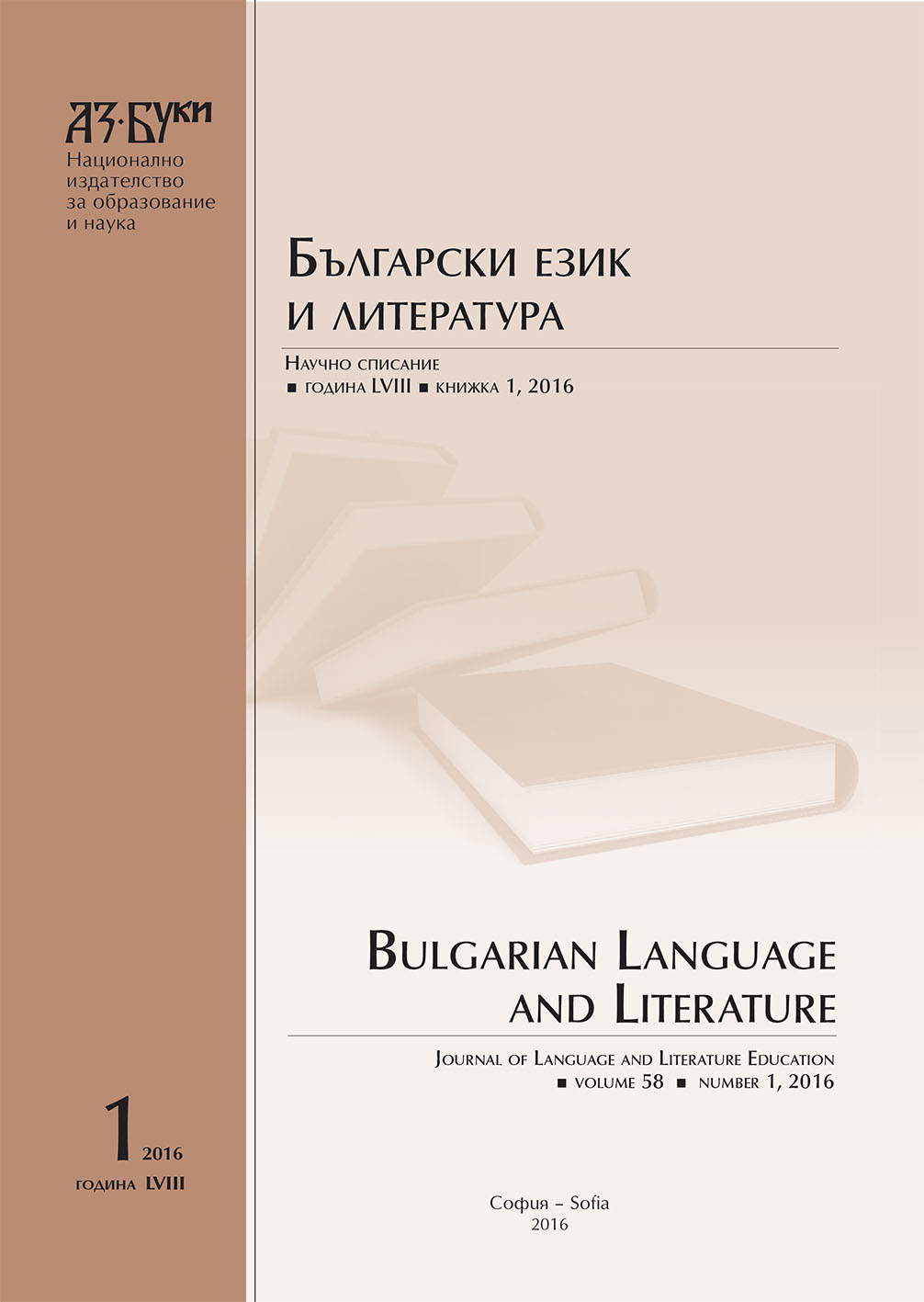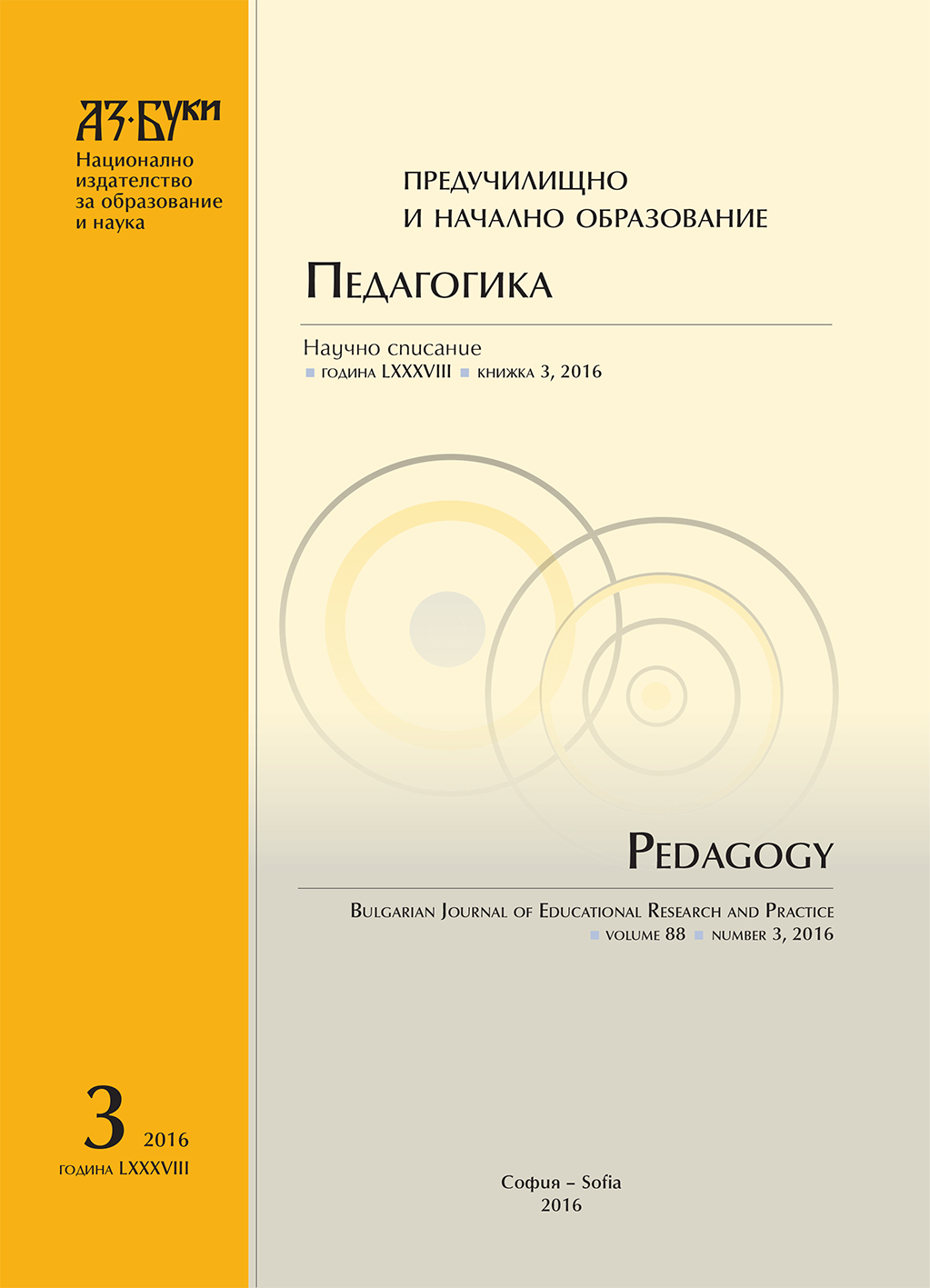
Информационните технологии в началните класове – състояние и перспективи
The aim of this study is to perform the state of the art in ICT education and application of ICT in the educational process in primary school in Bulgaria and abroad. The possibilities for development of education in ICT with respect to requirements of information society and world trends in usage of computing in education. The following topics are discussed: ICt and pedagogical theories; Application of ICt in primary school in Bulgaria and abroad; Problems in process of implementation of ICT in primary school. Also the paper considers the place of computational and algorithmic thinking in primary school curricula.
More...
